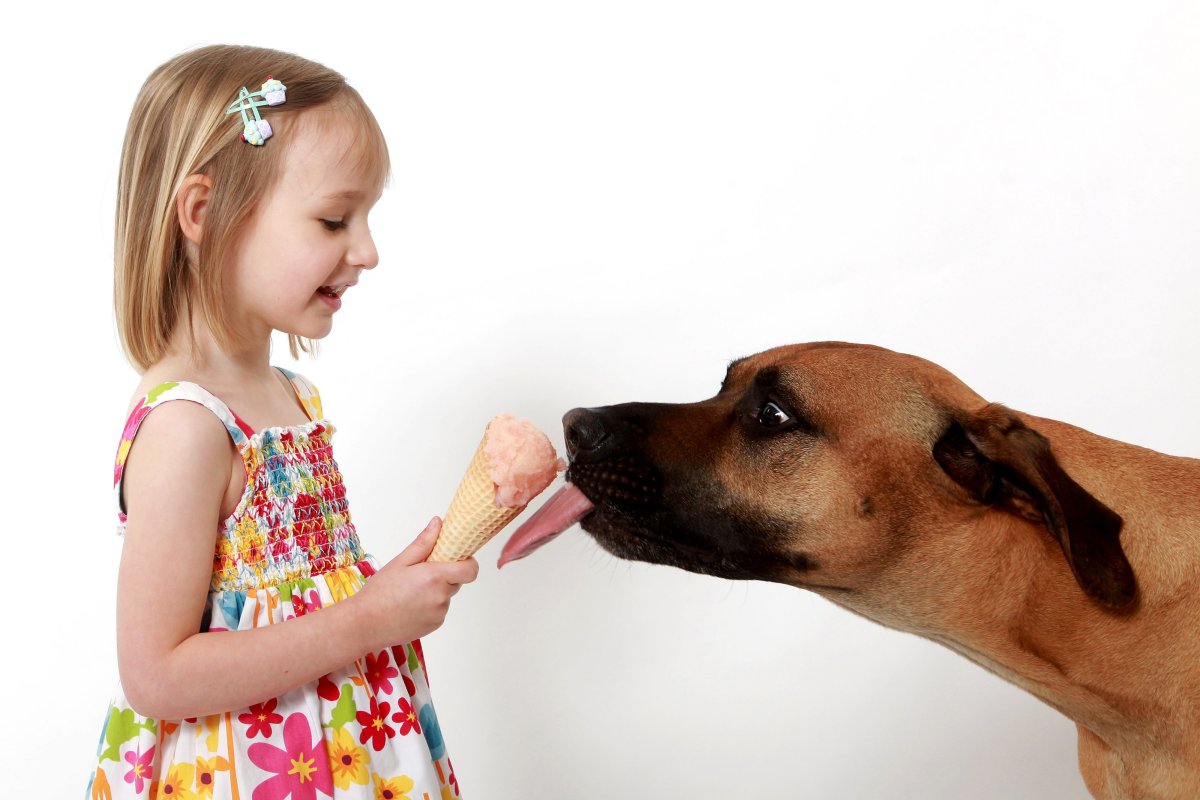A University of Alberta study suggests that a man’s best friend could do more than just keep a family company — pets could actually improve childrens’ health if they’re exposed to them at a young age.

Babies that grow up in families with pets — 70 per cent of which were dogs — showed higher levels of certain types of gut bacteria, or microbes, that can reduce the risk of developing allergies and obesity.
According to lead researcher Anita Kozyrskyi, there’s a “critical window of time when gut immunity and microbes co-develop, and when disruptions to the process result in changes to gut immunity.”
Kozyrskyi and her team of 12 scientists collected and studied fecal samples from the children involved in their study. It builds on research that suggests growing up with dogs can also reduce the chances children will develop asthma.
What’s the theory behind it?
Researchers believe that exposing young children to dirt and bacteria at a young age, such as dog fur and dirt a pet might track in on their paws, can boost immunity early on.
It’s not known whether the immunity boost comes from the pets themselves, or from people touching them.
The newest phase of research suggests that if babies are exposed to pets in the womb, or in their first three months of life, it increases two important bacteria, Ruminococcus and Oscillospora, which they say are linked to reducing allergies and obesity in children.
- McLean accuses Calgary third-party advertiser of ‘whipping votes’ in favour of rezoning bylaw
- Canadian curler Chelsea Carey says don’t compare me to Jennifer Jones
- Firefighters battle blaze at vacant house in northwest Calgary
- 7 sent to hospital after carbon monoxide poisoning incident in northwest Calgary
“The abundance of these two bacteria were increased twofold when there was a pet in the house,” Kozyrskyj said.
The pet exposure, Kozyrskyj said, affects the gut microbiome “indirectly,” either from dog to mom and mom to unborn baby during pregnancy, or during the first three months.
Kozyrskyj said even if parents have a dog while the mother was pregnant, and it was then given away before the birth, the exposure could still have an impact on the child’s immune-system development.
Take it a step further
The U of A research also shows that having pets in the home during pregnancy can also reduce the risk of a mother transmitting vaginal GBS (group B Strep) during the birth process.
Vaginal GBS can cause pneumonia in newborn babies and is usually prevented through the use of antibiotics for the mother during delivery.
Kozyrskyj isn’t ruling out that families that don’t have or want pets may want to take advantage of these health benefits, admitting there could be a “dog in a pill” alternative to getting these microbiomes into infants’ systems.




Comments